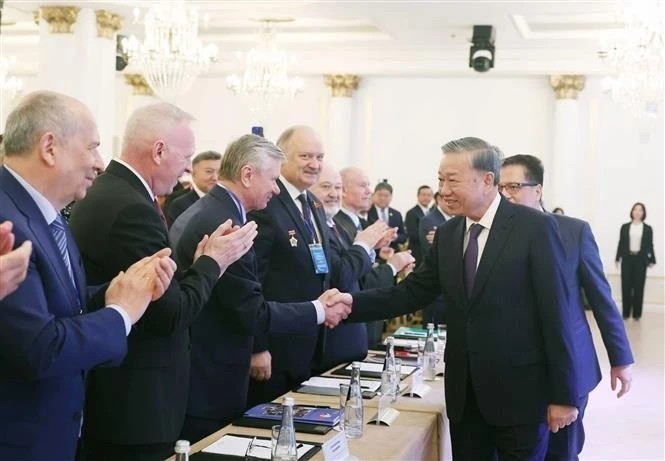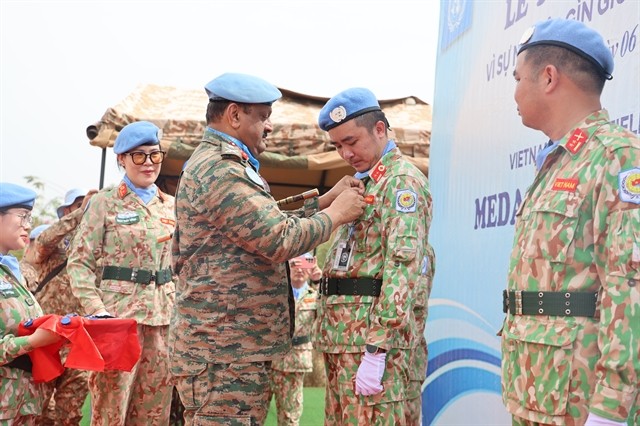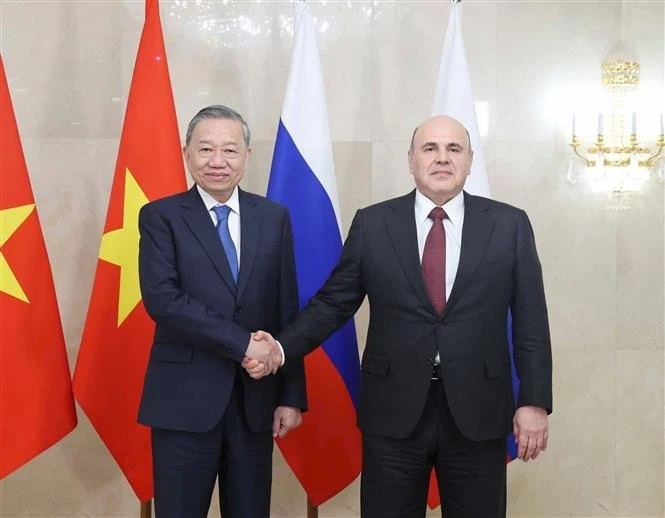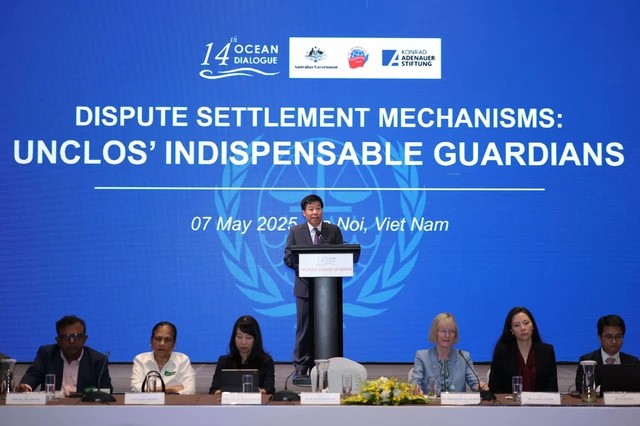Oxfam on garment female workers: hard work not paying off
(VNF) - Stark inequality is observed in the garment industry, where 80 percent of manufacturing workers are women, according to Oxfam's recent report.
Governments and businesses should pay attention to solutions to improve the quality and security of women's economic opportunities, ensuring fair income, secured contracts and safe working conditions, advocacy group Oxfam stated in the report An economy that works for women released on the International Women's Day, Mar 3rd.
In this research, Oxfam focuses on garment industry, in which 80 percent of manufacturing workers are women while average wage of the sector is too low and labor rights infringements frequently occur.
The data was collected by Oxfam after interviewing women in garment factories in Vietnam and Myanmar, who work 12 hours a day, sometimes even 18 hours, over night, six days a week. However they are not earning enough for the livelihood of themselves and their families, the report said.

80% of garment workers are women, Oxfam reports. (source: REUTEURS)
Tham, a worker at Tinh Loi factory in the northern province of Hai Duong which produces garments for overseas brands, earns less than $1 an hour. "The thing I find unfair is that with the same amount of work, my salary has decreased.", Tham said.
"We, as workers, cannot do anything to influence the management. In case of overtime or urgent work, the wage is still decided by the management," she said.
The hard work in garment industry does not pay off, instead workers in this sector which are mostly women, have been suffering 'occupational disease'.
Long-hour exposure to cotton dust and chemicals results in respiratory problems, including asthma, chest pain, coughing and even lung chronic disease. Besides, it is not rare to see garment workers suffer varicose veins (swollen and enlarged veins, usually occur on the legs, causing lots of pains, heavy feeling and difficulty in movement.)
While workers receive very modest pay, the garment industry have been generating large profits for some of the richest people in the world, Oxfam pointed out.
The report cited real-life case, including Amancio Ortega, the world’s second richest man, who earns around $1.16 billion from annual share pidends from the parent company of fashion chain Zara. Stefan Persson, a major shareholder in H&M and ranked 32 in the Forbes list of the world's richest people, received nearly $700 million in share pidends last year, the report said.
Although not directly connected to the factory where Tham works, “this shows the stark inequality in the industry,” Oxfam said.
_YDEP.jpeg?width=440)
Garment workers' working environment: Lots of health hazards (illustrative photos: D.Thuy)
“We highly recommend governments and businesses to address the quality and security of women’s economic opportunities,” Babeth Ngoc Han Lefur, director of Oxfam in Vietnam, said in a statement.
Women’s voices should receive more attention, and there should be policies to recognize, reduce and redistribute unpaid care work, Lefur added.
The report showed that women worldwide carry out between two and 10 times more unpaid care work than men. This work is worth $10 trillion to the global economy each year, equivalent to more than an eighth of the world’s entire GDP, it said./.
| "Women in the Asia-Pacific region are more likely than men to be in vulnerable jobs. In 2016, the vulnerable employment rate was 80 per cent for women and 72 per cent for men in South Asia. Likewise, in South-East Asia the rates were 60 per cent for women and 53 per cent for men, respectively.[...] There are also rising concerns about the high numbers of female migrant workers channeled into domestic work and low-end manufacturing supply chains, where labour regulations and protections either do not apply or are not enforced." (UN Women) |
( Phi Yen )
Recommended
 National
National
Vietnam News Today (May 14): US Businesses Affirm Long-Term Commitment to Vietnam
 National
National
Vietnam News Today (May 13): Vietnam Maintains High Human Development Index Despite Global Slowdown
 National
National
Vietnam News Today (May 12): Party General Secretary Meets With Russian Experts, Intellectuals
 National
National
Vietnam News Today (May 11): Vietnam, Austria to Boost Cooperation in High-Tech Development, Innovation
 National
National
Vietnam News Today (May 10): Vietnamese Peacekeepers Honored with UN Medal in South Sudan
 National
National
Vietnam News Today (May 9): Vietnam Ready to Work With Russia to Elevate Relations
 National
National
Vietnam News Today (May 8): Vietnam Remains Committed to UNCLOS
 National
National
